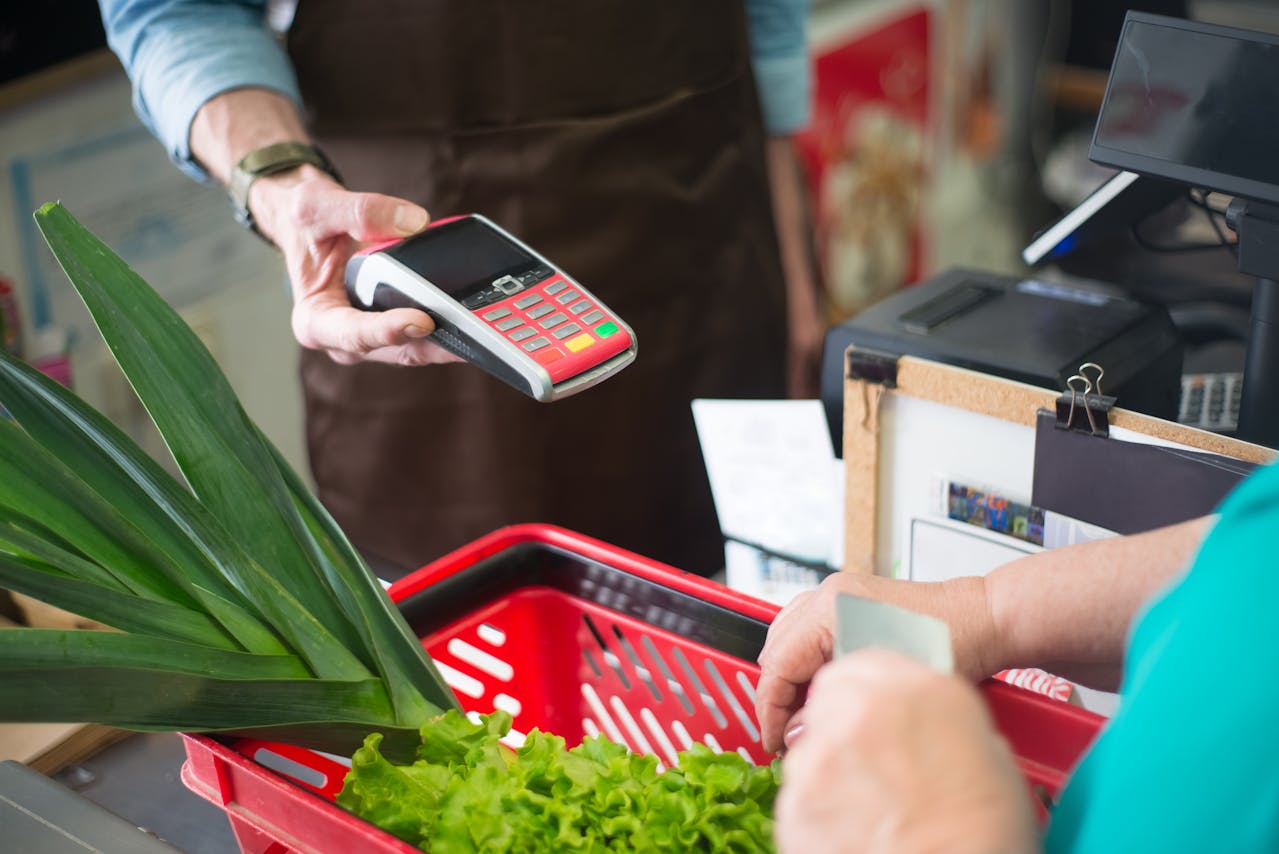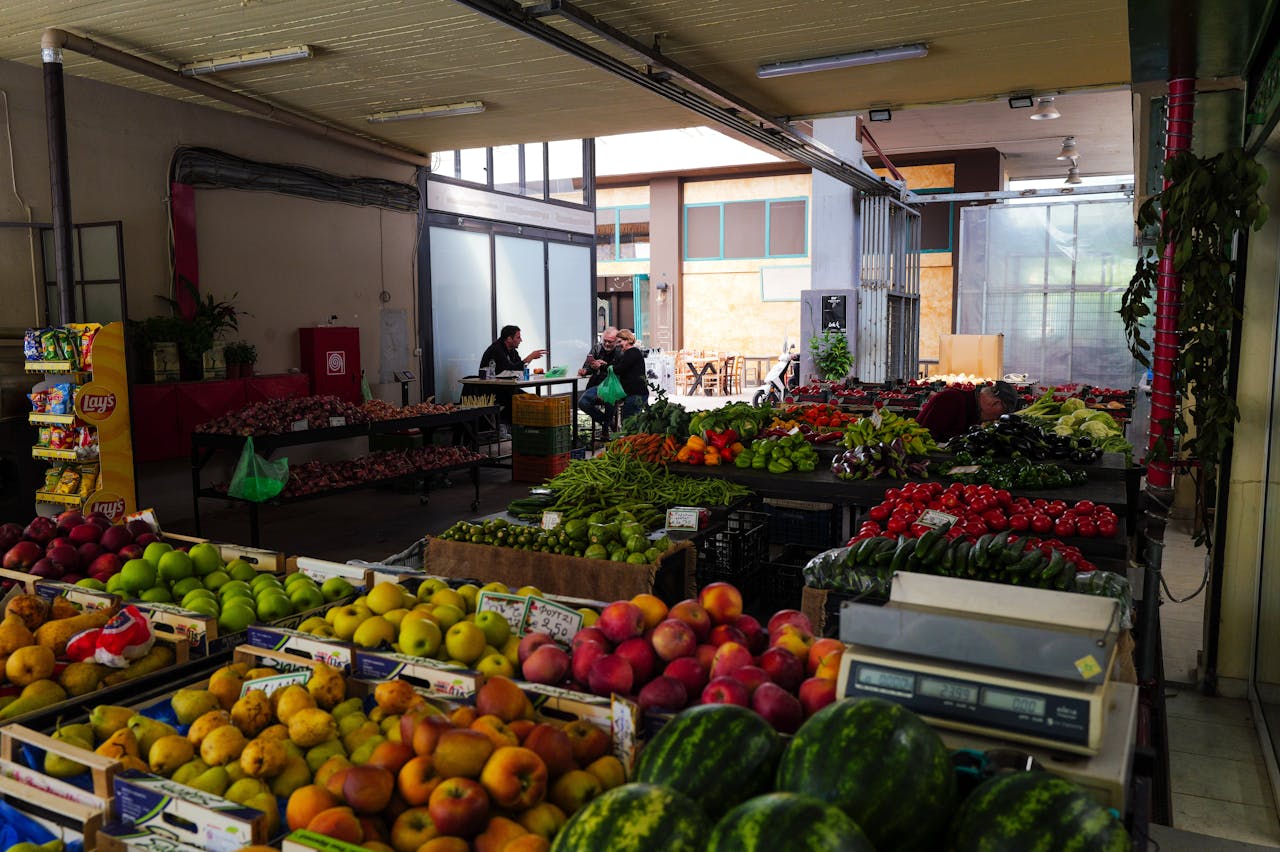If you’re single, figuring out how much you should be spending on groceries can feel like a guessing game. Maybe you’ve wondered if you’re overspending, or perhaps you’re tired of eating ramen just to save a few bucks. Grocery costs can add up quickly, and with food prices fluctuating, it’s easy to lose track of what’s reasonable. Knowing your ideal grocery budget isn’t just about saving money—it’s about eating well, reducing waste, and making your life easier. Let’s break down exactly how much you should be spending on groceries if you’re single, and how to make every dollar count.

1. Understand the National Averages
Before you set your grocery budget, it helps to know what most singles spend. The U.S. Department of Agriculture (USDA) regularly publishes food plan estimates. As of 2024, a single adult typically spends between $250 and $400 monthly on groceries, depending on age, gender, and dietary preferences. This range covers everything from a thrifty plan to a more liberal one. Knowing these numbers gives you a solid starting point for your own grocery budget.
2. Factor in Your Eating Habits
Your grocery spending will depend heavily on your eating habits. Do you cook most meals at home, or do you rely on takeout and convenience foods? Home-cooked meals are almost always cheaper per serving, but if you’re buying lots of pre-made or specialty items, your costs can rise quickly. If you’re vegetarian or vegan, you might spend less on meat but more on fresh produce or specialty products. Take a week to track what you actually eat and buy, then use that as a baseline for your grocery budget.
3. Set a Realistic Monthly Grocery Budget
Once you know the averages and your habits, it’s time to set a realistic monthly grocery budget. For most singles, aiming for $300 to $350 per month is a practical target. This allows for a balanced diet with room for occasional treats. If you’re on a tight budget, you can go lower, but be careful not to sacrifice nutrition. Remember, your grocery budget should cover all meals, snacks, and even household essentials like paper towels or cleaning supplies if you buy them at the grocery store.
4. Shop Smart and Avoid Food Waste
One of the biggest ways singles overspend on groceries is by buying more than they can use. Food waste is not just bad for your wallet—it’s bad for the environment. Plan your meals for the week, make a shopping list, and stick to it. Buy in smaller quantities, especially for perishable items. If you find yourself throwing out food often, adjust your shopping habits. Consider freezing leftovers or buying frozen fruits and vegetables, which last longer and are often just as nutritious as fresh.
5. Take Advantage of Sales and Coupons
Grocery stores regularly offer sales, loyalty programs, and digital coupons that can help you save. Sign up for your favorite store’s rewards program and check their weekly ads before you shop. Use apps and websites that aggregate digital coupons for extra savings. Even small discounts add up over time, especially if you’re consistent.

6. Prioritize Nutrition Over Cheap Calories
It’s tempting to fill your cart with cheap, processed foods to save money, but this can cost you more in the long run, both in health and satisfaction. Focus on whole foods like grains, beans, eggs, and seasonal produce, which are affordable and nutritious. Splurge occasionally on items you love, but make sure the bulk of your grocery budget goes toward foods that fuel your body well. Eating healthy on a budget is possible with a little planning and creativity.
7. Adjust for Special Diets or Preferences
If you have dietary restrictions or preferences—like gluten-free, keto, or organic—your grocery budget may need to be higher. Specialty products often cost more, so plan accordingly. Look for store brands or buy in bulk when possible to offset higher prices. Don’t be afraid to experiment with new recipes or ingredients that fit your needs but are more budget-friendly.
8. Revisit and Revise Your Budget Regularly
Your grocery needs and prices will change over time. Make it a habit to review your spending every month or two. Adjust your plan if you notice you’re consistently over or under budget. Maybe you’re eating out more or have started meal prepping and need to buy in larger quantities. Staying flexible ensures your grocery budget always fits your lifestyle.
Making Your Grocery Budget Work for You
Finding the right grocery budget as a single person is about balance. You want to spend enough to eat well and enjoy your meals, but not so much that you’re wasting food or money. By understanding national averages, tracking your habits, and shopping smart, you can set a grocery budget that works for your life. Remember, your needs are unique—don’t be afraid to tweak your budget until it feels just right.
What’s your monthly grocery budget as a single person? Share your tips and experiences in the comments below!
Read More
Benfits of Living Alone Makes Grocery Shopping Easier and Cheaper
Try These 8 Budget Methods to Get the Most Out of Your Grocery Shopping
The post Here’s How Much You Should Be Spending on Grocery If You’re Single appeared first on Grocery Coupon Guide.







